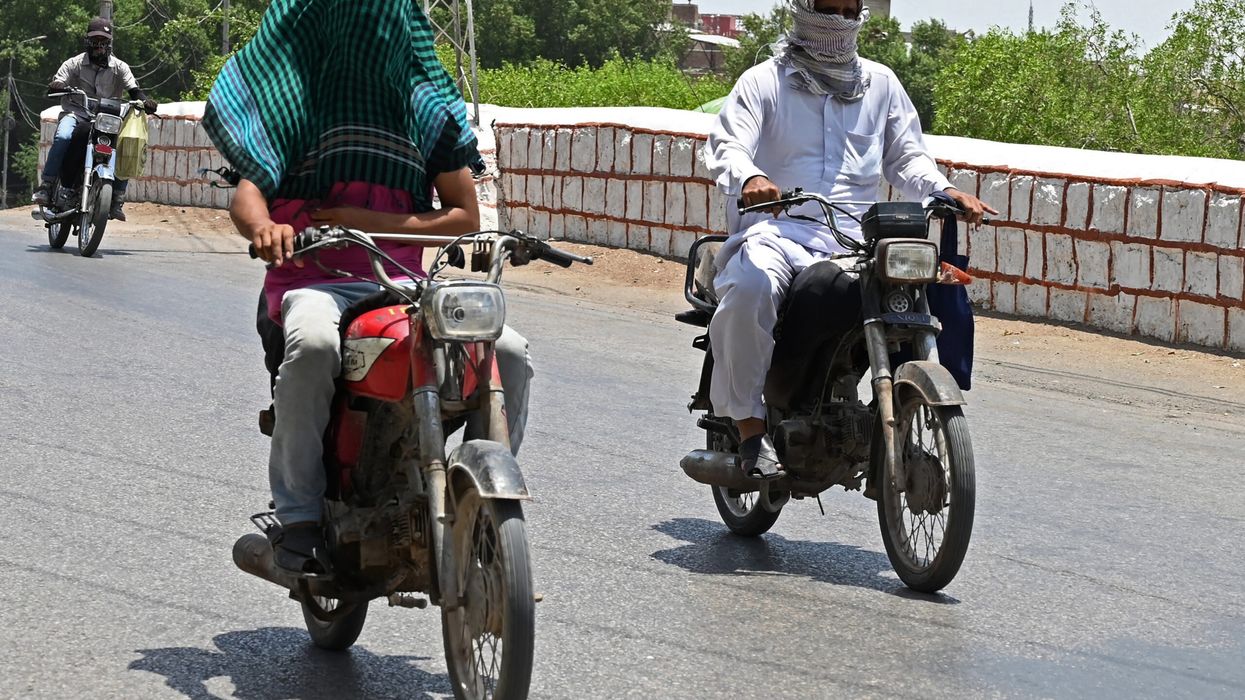Extreme temperatures, both hot and cold, are associated with increased risks of death from stroke, with the link being stronger in low-income countries than high-income ones, new research has found.
The study, led by Harvard University, analysed deaths due to stroke reported between 1979 and 2019 across 522 cities in 25 countries.
About 34 lakh deaths from ischaemic stroke and 24 lakh deaths due to haemorrhagic stroke were examined, with the data being taken from the Multi-Country Multi-City Network, a global environmental health consortium.
An ischaemic stroke occurs when clotting prevents blood from reaching the brain, while a haemorrhagic stroke happens when a blood vessel in the brain begins to bleed.
Researchers found that for every 1,000 ischaemic or haemorrhagic stroke deaths, about 11 were attributable to extreme cold or hot days. About 2.5 per cent of the coldest days were found to contribute to nine of the 11 excess deaths, whereas 2.5 per cent of the hottest days were found to contribute to the remaining two.
The findings are published in the journal Stroke.
The researchers, however, acknowledged that the study was limited in its geographic scope in those rural settings and countries in South Asia, Africa, and the Middle East were under-represented.
In another study, published in the European Heart Journal, researchers found that night-time heat significantly raised the risk of stroke.
The researchers, including those from Augsburg University Hospital, Germany, collected data on around 11,000 strokes over 15 years in the region.
Their analysis showed that extreme heat at night increases the risk of stroke by seven per cent.
"Elderly people and women are particularly at risk, and it is mainly strokes with mild symptoms that are diagnosed in clinics after hot nights," said the study's lead author, Cheng He.
"Our results make it clear that adjustments in urban planning and the healthcare system are extremely important to reduce the risks posed by rising night-time temperatures," said He.
The researchers also showed that the risk of stroke associated with high night-time temperatures increased significantly in the period 2013-2020, compared to the period 2006-2012.
From 2006 to 2012, hot nights resulted in two additional strokes per year in the study region, while from 2013 to 2020, there were 33 additional cases per year, the authors found.




